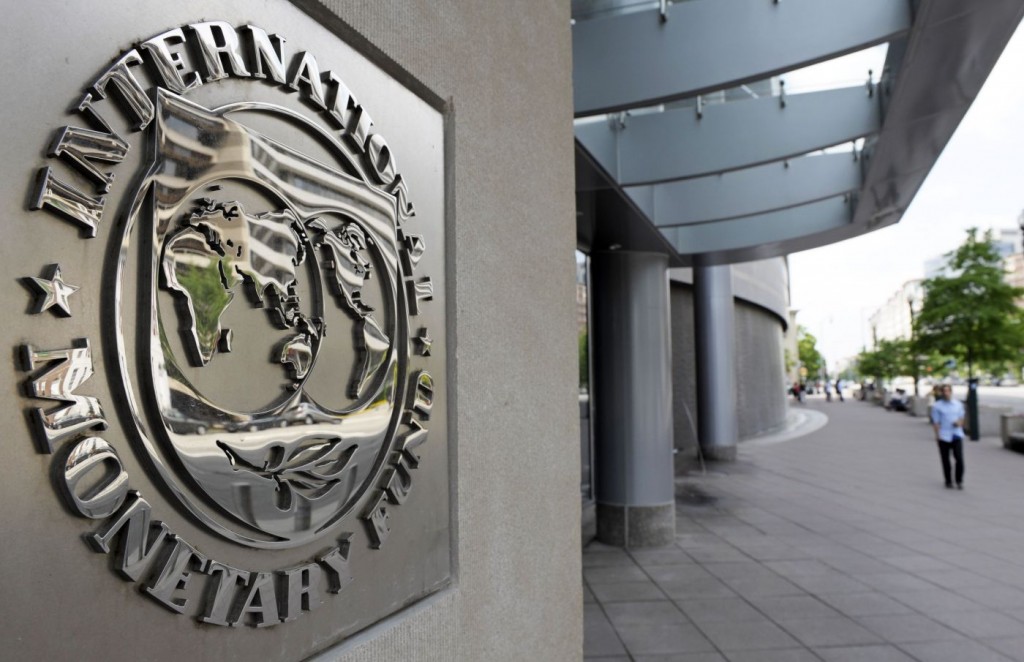As labor unions have declined in most countries around the world, CEO paychecks have ballooned. And that’s not just a coincidence, according to new research from the International Monetary Fund.
In the latest issue of the IMF’s Finance & Development journal, researchers Florence Jaumotte and Carolina Osorio Buitron give a preview of their forthcoming study on the links between unionization rates and inequality.
Their article — entitled, I kid you not, “Power from the People” — notes that “weaker unions can reduce workers’ influence on corporate decisions that benefit top earners, such as the size and structure of top executive compensation.”
Jaumotte and Osorio Buitron also dare to point out that “top earners’ compensation may be larger than what is justified by their contribution to the economy’s output.”
You may, of course, have reached that conclusion without the benefit of IMF research. But for the IMF, this rates as pretty populist stuff — and a welcome contribution to the inequality debate.
A few other welcome nuggets from the new IMF research:
- Higher inequality goes hand in glove with lower and less sustainable medium-term growth.
- Income concentration at the top “can reduce a population’s welfare if it allows top earners to manipulate the economic and political system in their favor.”

